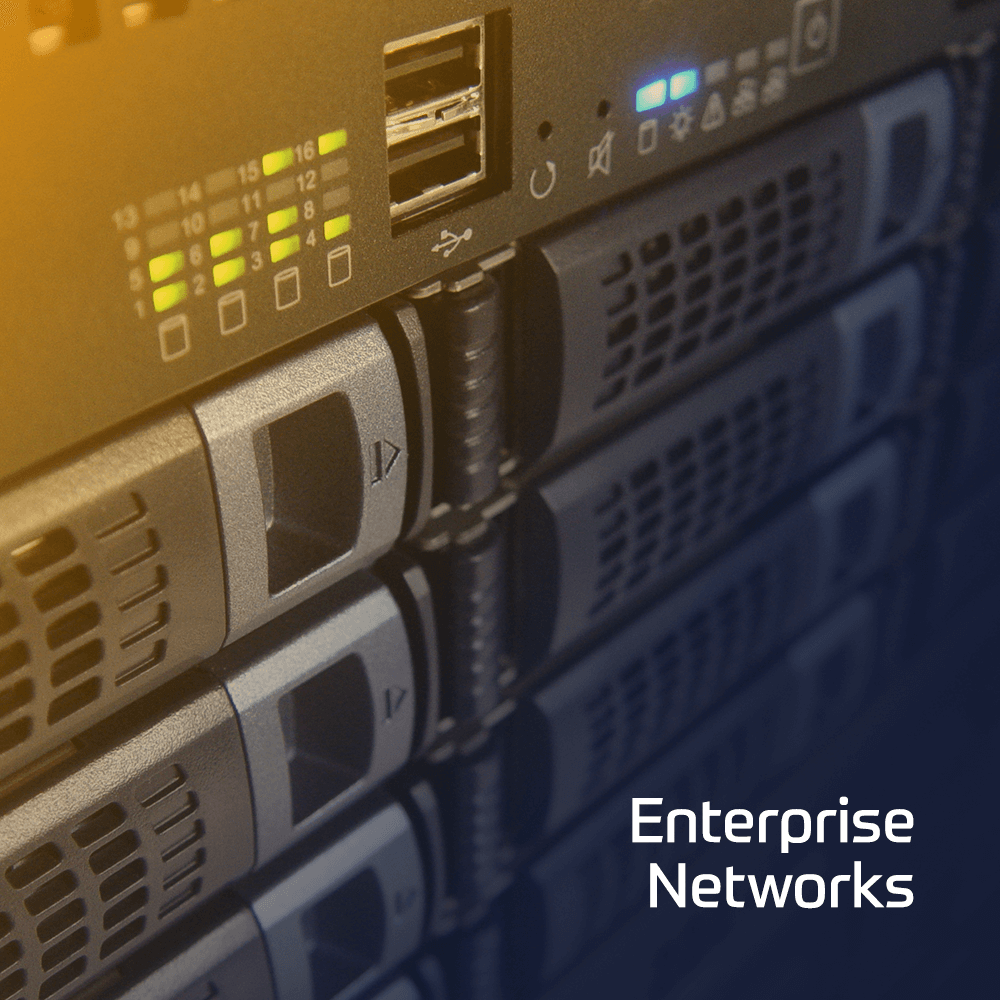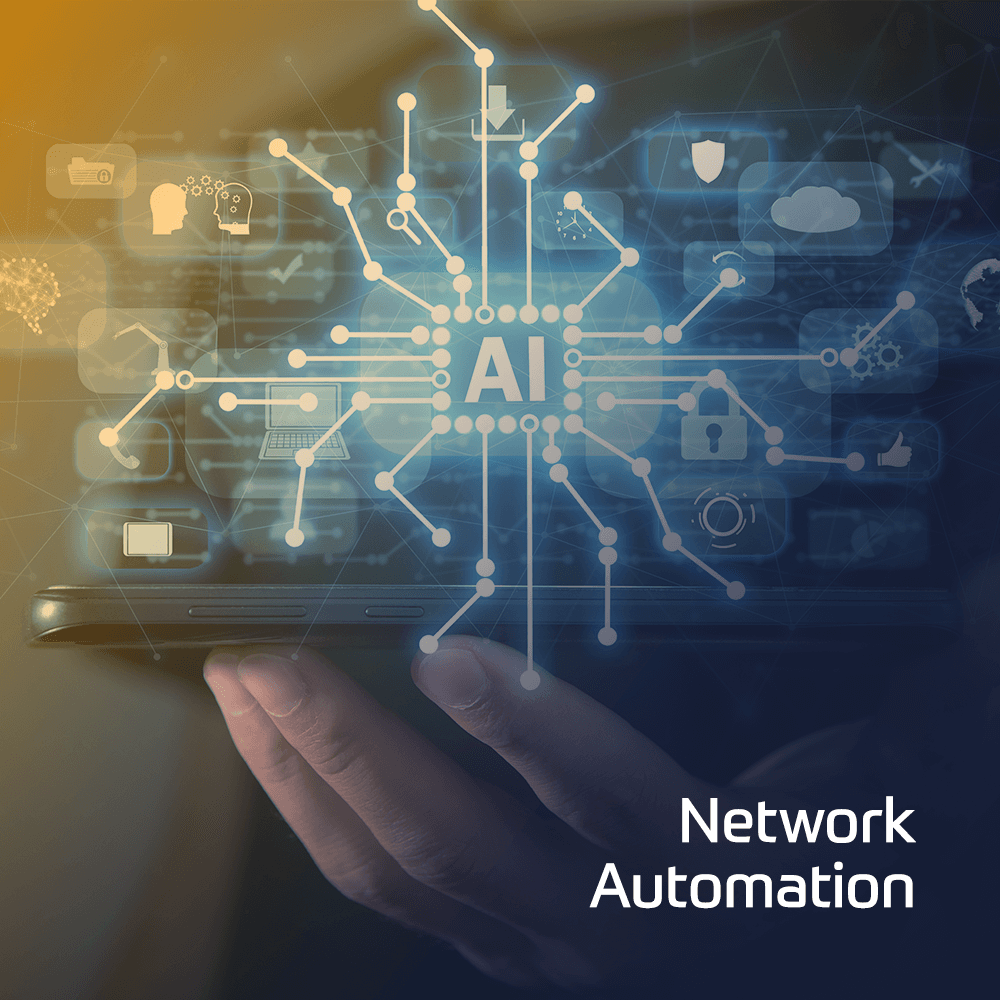This introductory course helps students explore and adopt DevOps to improve innovation, agility and quality to support business outcomes in their organization. It addresses the benefits and challenges in evolving a DevOps approach to the application and service development lifecycle.
Contact Us
We would love to hear from you. Please complete this form to pre-book or request further information about our delivery options.
 Duration
Duration 3 Days
 Delivery
Delivery (Online and onsite)
 Price
PricePrice Upon Request
During this course, students will learn:
- What is DevOps and who needs it
- Goals and business benefits of DevOps
- How DevOps fits with ITIL 4
- Changes required for DevOps
- Changes to job roles, culture, skills, metrics
- Changes to processes
- Changes to tools, infrastructure and technology
- DevOps principles and techniques
- Continuous Integration/Continuous Delivery/Continuous Deployment
- The Three Ways (Flow, Feedback, Continuous Learning)
- How to begin the DevOps journey
- Where to start and how to scale
- DevOps maturity models
- Prepare for the EXIN DevOps Professional Exam
Module 1: DevOps Adoption
- Describe the basic reasons for DevOps adoption
- DevOps myths
- History of DevOps
- Bi-model IT
- Introduction to Agile.
- Principles of the Three Ways
Module 2: Culture and People
- Focus on business outcomes
- Explain how the several DevOps roles work together to add value to the business
- Explain the differences between I-shape, T-shape and E-shape in relationship to DevOps
- Explain how to integrate operations into the daily work of development
Module 3: DevOps Principles and Concepts
- Infrastructure as code
- Immutable vs mutable servers
- Cloud concepts
- Microservices versus monolithic services
- Configuration management practice
- Service level management practice
Module 4: The First Way: The Technical Practice of Flow
- Visualizing work
- Kanban, handoff reduction, waste reduction
- Deployment pipeline
- Continuous Integration/Continuous Delivery (CI/CD)
- Software development and management practice
- Automated testing
- Deployment management practice
- Release management practice
Module 5: The Second Way: Feedback
- Feedback loops, swarming, andon
- Telemetry
- Hypothesis-driven development
- Code review techniques
- Launch readiness
- Low-risk releases
Module 6: The Third Way: Continuous Leaning and Experimentation
- Explain how continual improvement helps an organization
- Understand and conduct a blameless post-mortem
- Differentiate between the several Simian Army Monkey types to improve learning
- Explain how injection of production failure creates resilience
- Explain when to use game days
- Explain Kaizen Blitz
Module 7: Information Security, Change Enablement, and Governance
Module 8: Where to Start
- Assessments
- Pilots
- Agile/Scrum/Kanban
- Senior IT managers (CIO/CTO), IT development staff, IT operations staff, IT process owners, business managers, business process owners
- Individuals who require an understanding of DevOps and how it can contribute to business success within an organization
- IT professionals and teams implementing DevOps
Before attending this course, students should have the following:
- Understanding of Agile software development (beneficial, but not required)
- Understanding of ITIL 4 framework (beneficial, but not required)
- The official reference to the examination: The DevOps Handbook: How to Create World-Class Agility, Reliability, and Security in Technology Organizations by Gene Kim, Jez Humble, Patrick Debois, John Willis (recommended for all students)
During this course, students will learn:
- What is DevOps and who needs it
- Goals and business benefits of DevOps
- How DevOps fits with ITIL 4
- Changes required for DevOps
- Changes to job roles, culture, skills, metrics
- Changes to processes
- Changes to tools, infrastructure and technology
- DevOps principles and techniques
- Continuous Integration/Continuous Delivery/Continuous Deployment
- The Three Ways (Flow, Feedback, Continuous Learning)
- How to begin the DevOps journey
- Where to start and how to scale
- DevOps maturity models
- Prepare for the EXIN DevOps Professional Exam
Module 1: DevOps Adoption
- Describe the basic reasons for DevOps adoption
- DevOps myths
- History of DevOps
- Bi-model IT
- Introduction to Agile.
- Principles of the Three Ways
Module 2: Culture and People
- Focus on business outcomes
- Explain how the several DevOps roles work together to add value to the business
- Explain the differences between I-shape, T-shape and E-shape in relationship to DevOps
- Explain how to integrate operations into the daily work of development
Module 3: DevOps Principles and Concepts
- Infrastructure as code
- Immutable vs mutable servers
- Cloud concepts
- Microservices versus monolithic services
- Configuration management practice
- Service level management practice
Module 4: The First Way: The Technical Practice of Flow
- Visualizing work
- Kanban, handoff reduction, waste reduction
- Deployment pipeline
- Continuous Integration/Continuous Delivery (CI/CD)
- Software development and management practice
- Automated testing
- Deployment management practice
- Release management practice
Module 5: The Second Way: Feedback
- Feedback loops, swarming, andon
- Telemetry
- Hypothesis-driven development
- Code review techniques
- Launch readiness
- Low-risk releases
Module 6: The Third Way: Continuous Leaning and Experimentation
- Explain how continual improvement helps an organization
- Understand and conduct a blameless post-mortem
- Differentiate between the several Simian Army Monkey types to improve learning
- Explain how injection of production failure creates resilience
- Explain when to use game days
- Explain Kaizen Blitz
Module 7: Information Security, Change Enablement, and Governance
Module 8: Where to Start
- Assessments
- Pilots
- Agile/Scrum/Kanban
- Senior IT managers (CIO/CTO), IT development staff, IT operations staff, IT process owners, business managers, business process owners
- Individuals who require an understanding of DevOps and how it can contribute to business success within an organization
- IT professionals and teams implementing DevOps
Before attending this course, students should have the following:
- Understanding of Agile software development (beneficial, but not required)
- Understanding of ITIL 4 framework (beneficial, but not required)
- The official reference to the examination: The DevOps Handbook: How to Create World-Class Agility, Reliability, and Security in Technology Organizations by Gene Kim, Jez Humble, Patrick Debois, John Willis (recommended for all students)
- ` Date on Request

 Finland
Finland Germany
Germany Denmark
Denmark Sweden
Sweden Italy
Italy Netherlands
Netherlands Norway
Norway 

























